11 GPTs for Compliance Testing Powered by AI for Free of 2025
AI GPTs for Compliance Testing are advanced artificial intelligence tools designed to assist in ensuring that various systems, processes, and data management practices adhere to established regulations and standards. Leveraging Generative Pre-trained Transformers, these tools offer tailored solutions to automate and enhance compliance testing processes. They analyze, predict, and generate reports on compliance status, making them essential for maintaining regulatory adherence in a fast-paced, digital world. Their relevance spans from automating mundane compliance checks to providing strategic insights on complex regulatory frameworks, thus playing a pivotal role in risk management and operational integrity.
Top 10 GPTs for Compliance Testing are: Web App Security / Penetration Test Strategies,Penetration Tester,Pentest Advisor,Cyber Threat Planner,Nessus Guide,Security Testing Advisor,Barrierefreiheits-Prüfer 2025,TDDA: Test-Driven Design&Development Assistant,ISO Payments GPT,Detailed Test Case Expander
Web App Security / Penetration Test Strategies
AI-driven Security Assessments for Web Applications
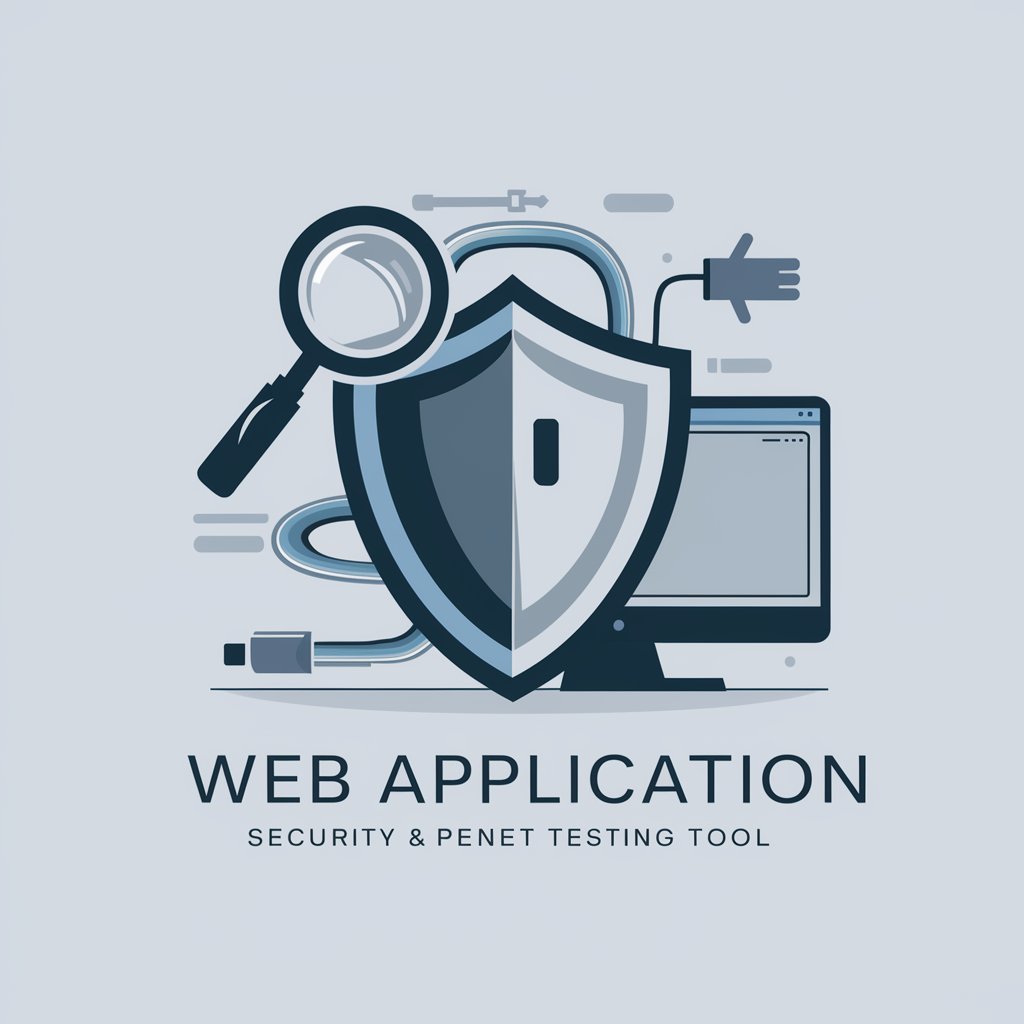
Penetration Tester
Empowering Security with AI
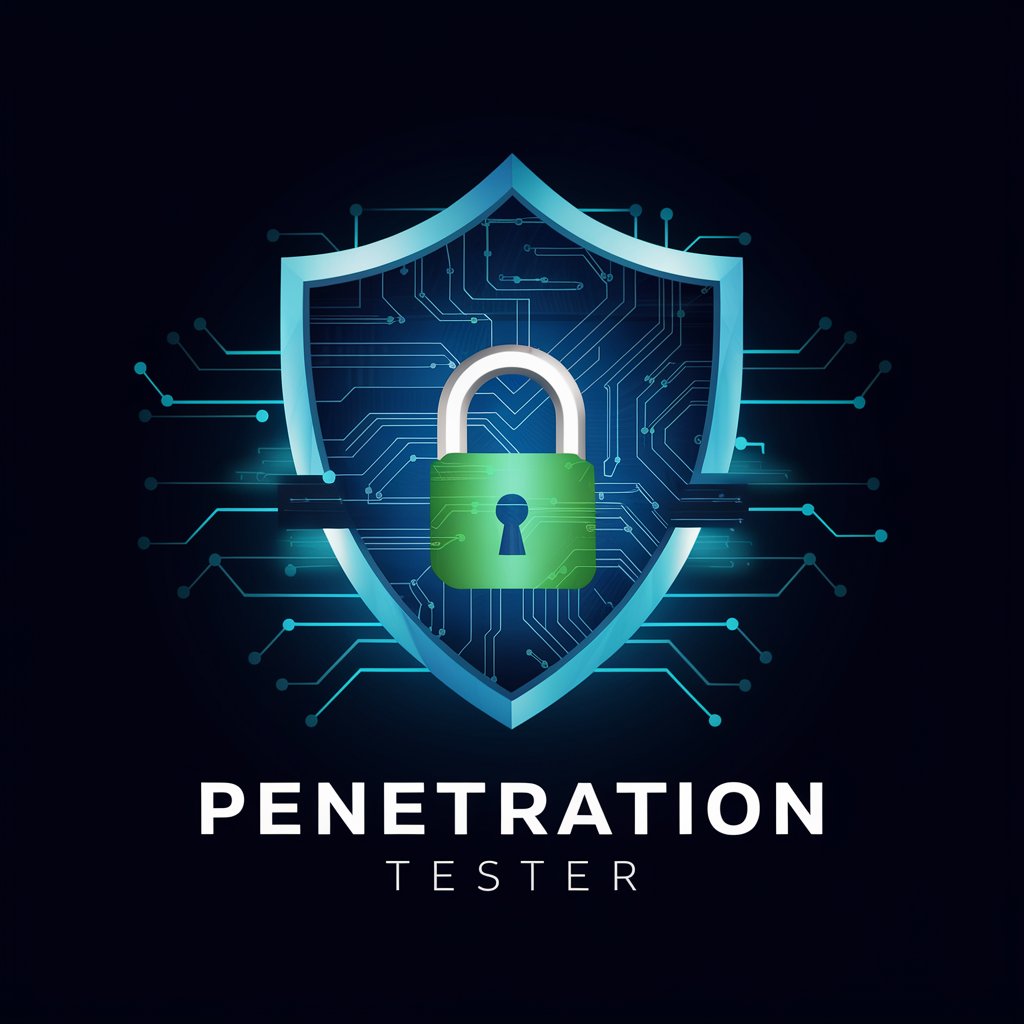
Pentest Advisor
AI-powered cybersecurity insights at your fingertips.
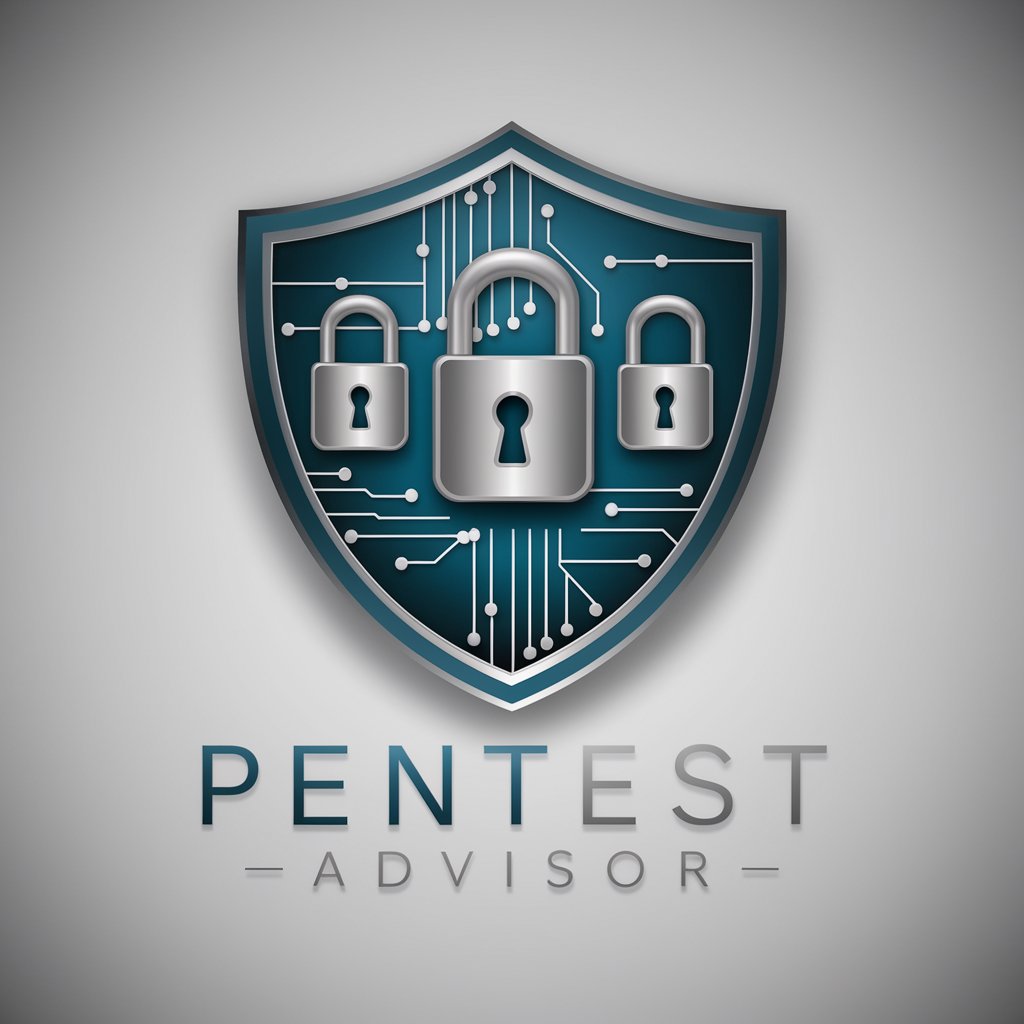
Cyber Threat Planner
AI-Powered Cyber Threat Analysis and Emulation

Nessus Guide
Empowering cybersecurity with AI-driven guidance.
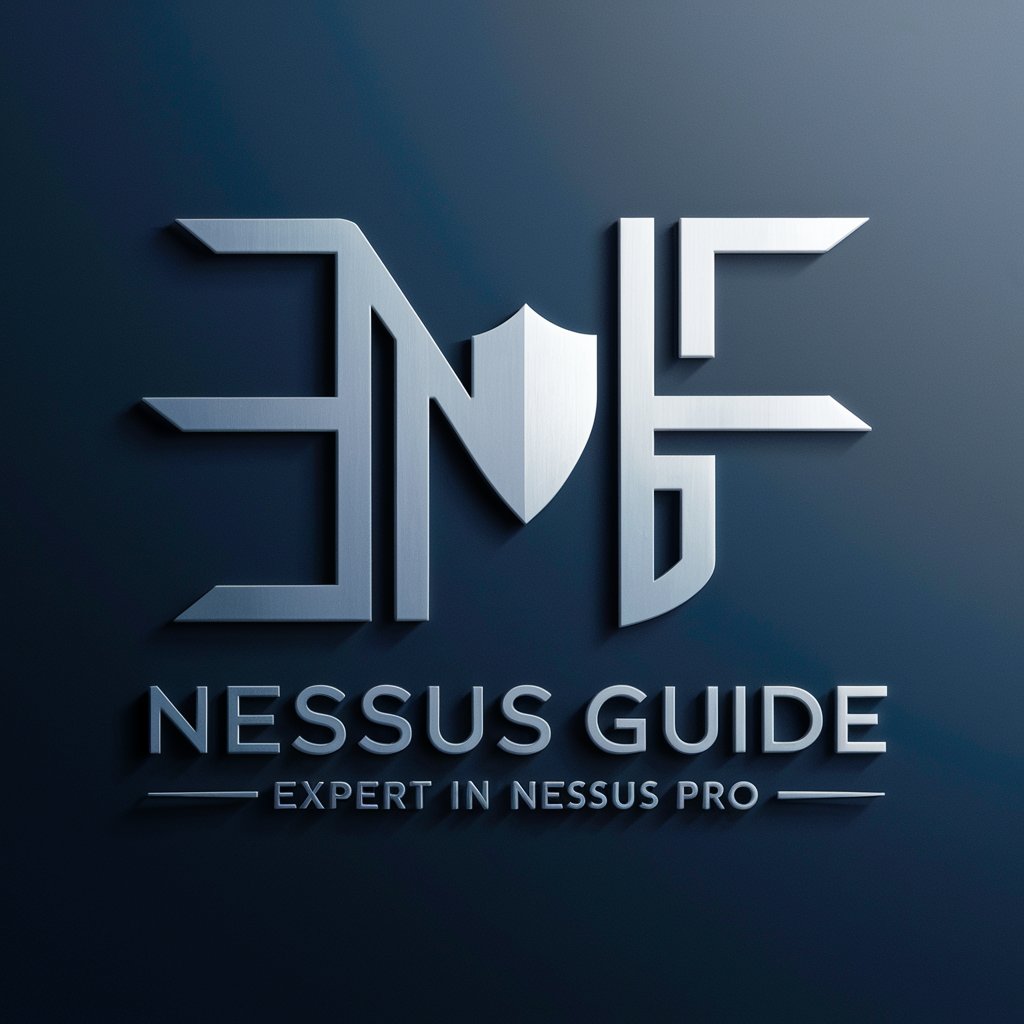
Security Testing Advisor
Elevate Security with AI Insight
Barrierefreiheits-Prüfer 2025
Empowering digital inclusion with AI-driven accessibility insights.
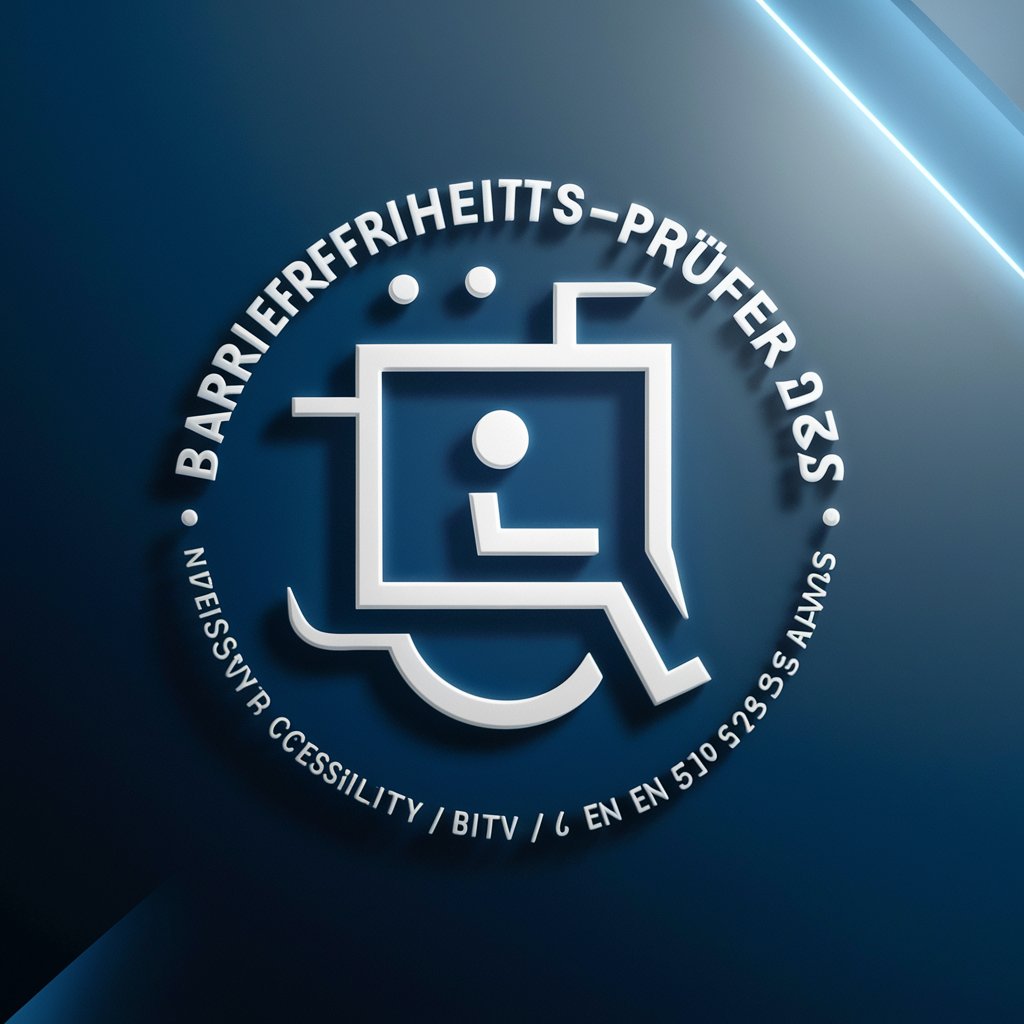
TDDA: Test-Driven Design&Development Assistant
Empowering Design Precision with AI
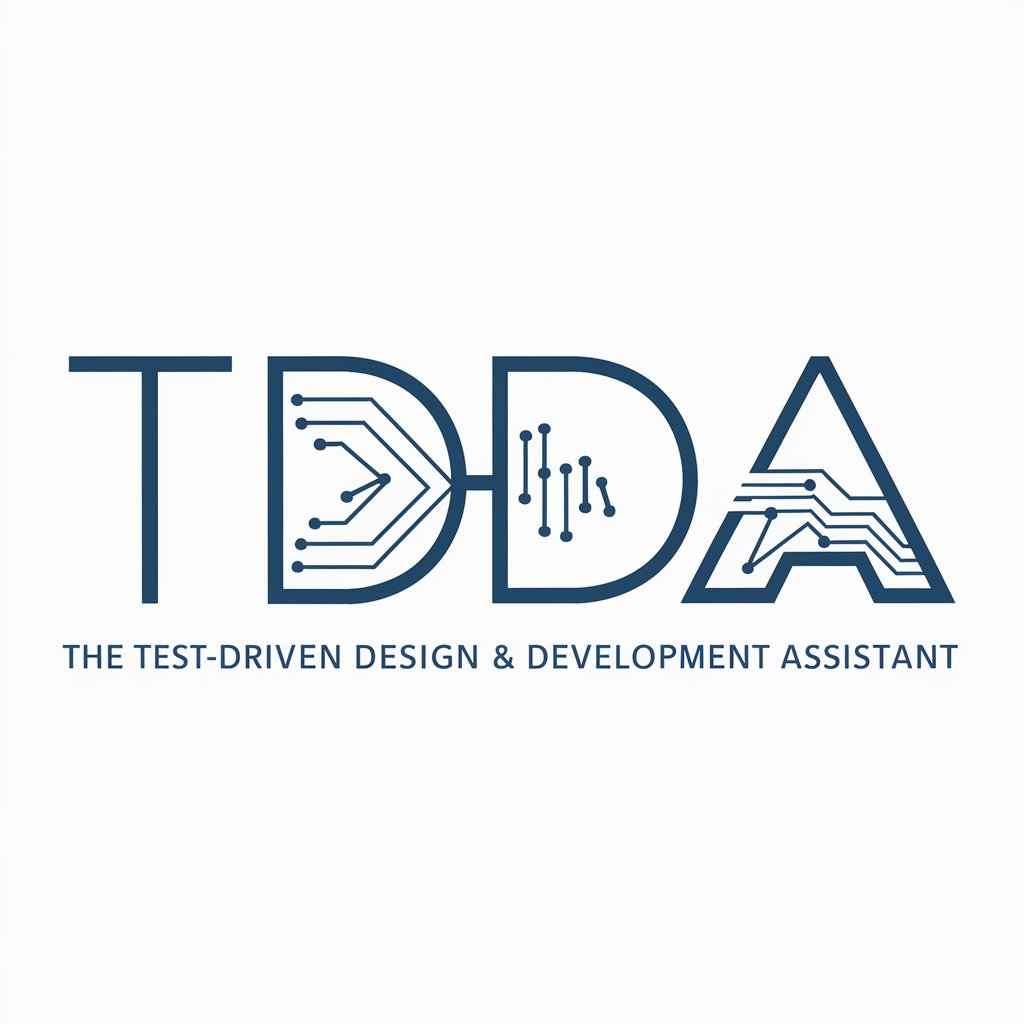
ISO Payments GPT
Empowering Financial Communication
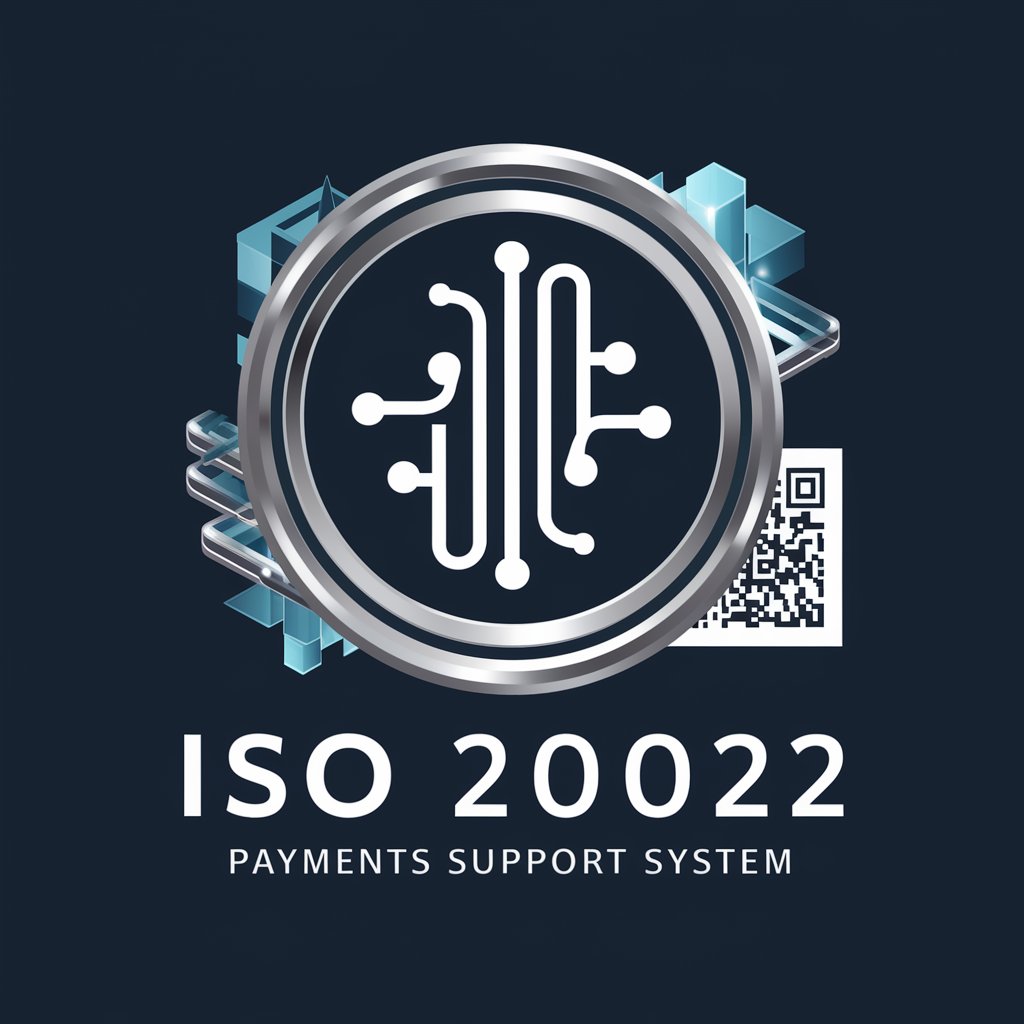
Detailed Test Case Expander
Expand Tests with AI Precision
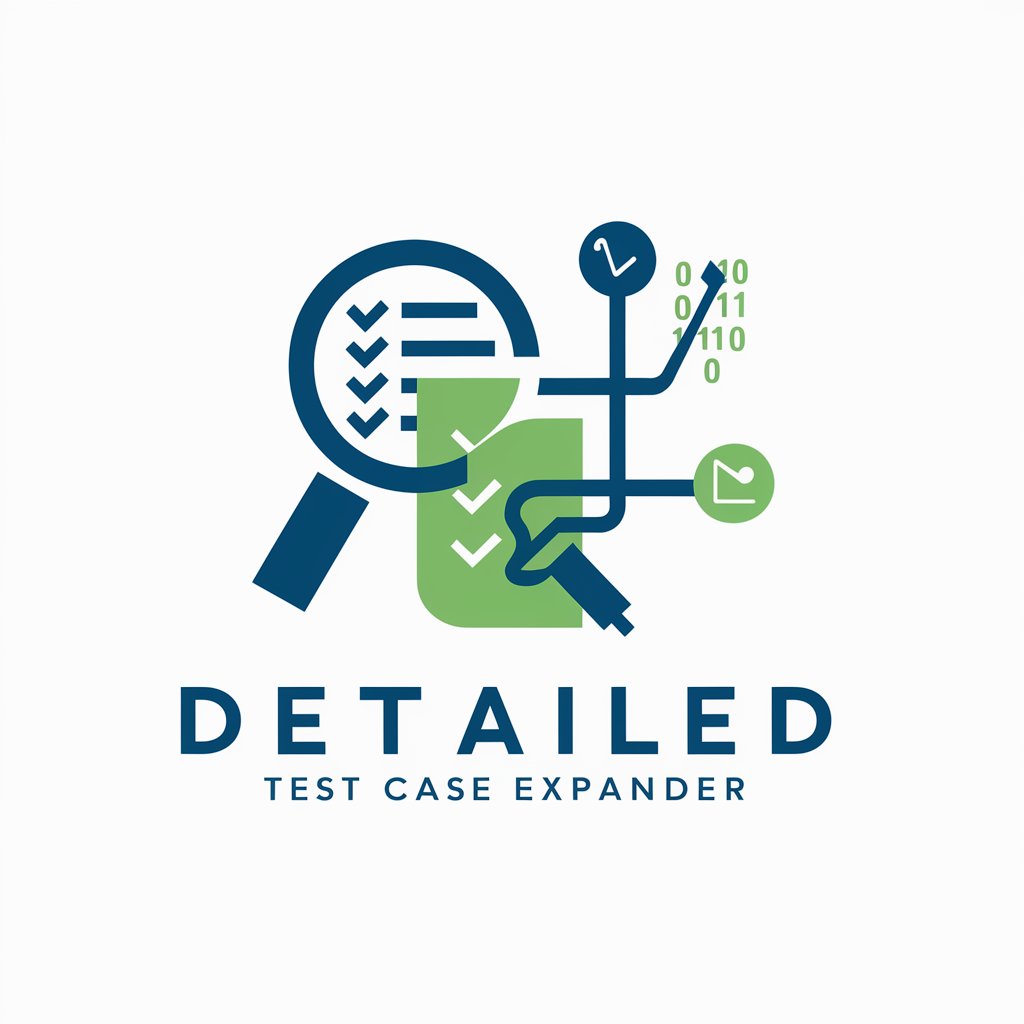
Web Accessibility Evaluator
AI-driven Accessibility Compliance
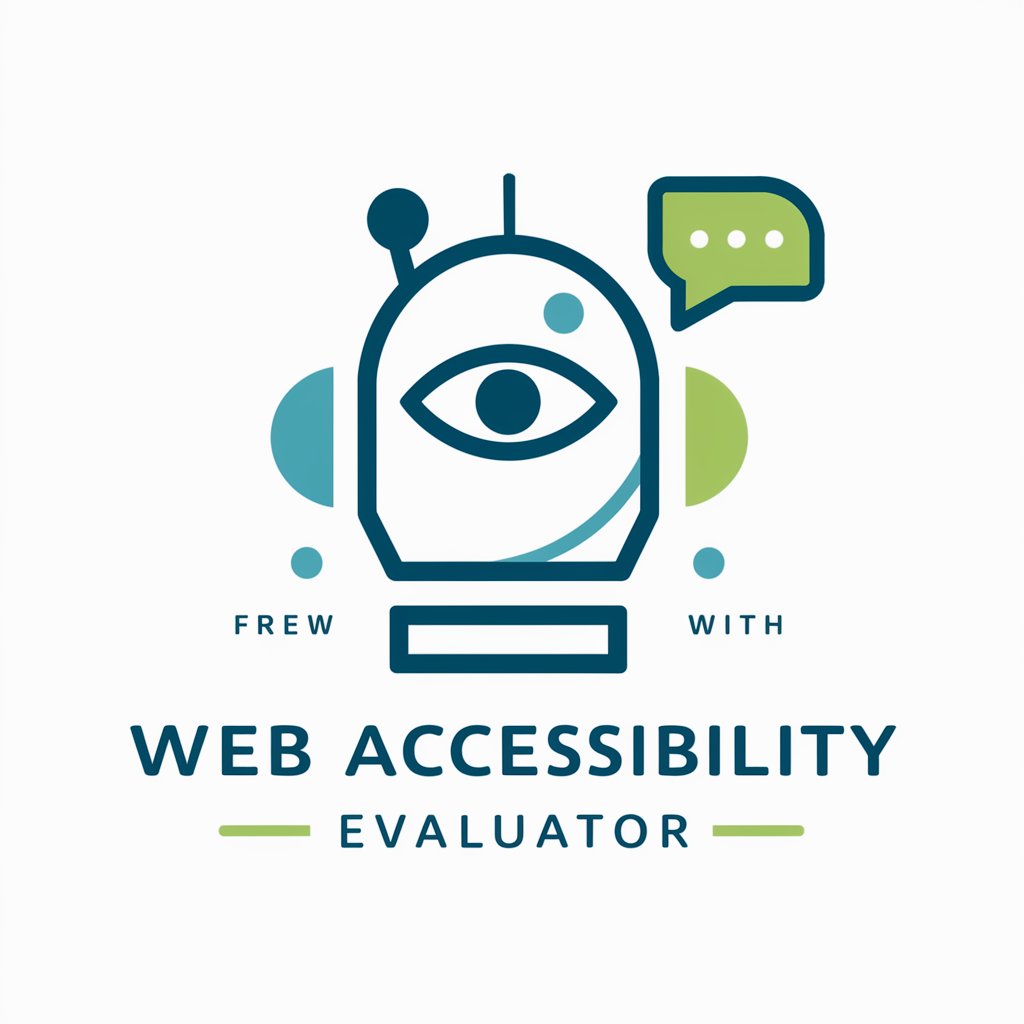
Key Attributes of Compliance Testing AI Tools
These AI GPTs tools are distinguished by their adaptability, supporting a range of functions from basic rule-checking to comprehensive compliance audits. Core features include natural language processing for understanding and generating human-like text, machine learning for predictive analysis, and the capability to learn from new data to stay updated with evolving regulations. Special features may encompass technical support for integrating with existing systems, web searching for real-time regulatory updates, image creation for visual compliance aids, and advanced data analysis for insightful compliance reporting.
Who Benefits from Compliance Testing AI?
The primary users of AI GPTs for Compliance Testing include regulatory compliance officers, legal professionals, IT and cybersecurity teams, and business operations managers. These tools are accessible to novices, offering user-friendly interfaces for those without programming skills, while also providing robust customization options for developers and tech-savvy professionals seeking to tailor the AI's capabilities to specific compliance requirements.
Try Our other AI GPTs tools for Free
Release Automation
Discover how AI GPTs transform Release Automation with advanced automation, reducing errors, and streamlining processes for professionals and novices alike.
Commit Optimization
Discover how AI GPTs for Commit Optimization revolutionize software development with automated code reviews, optimization suggestions, and seamless integration with development environments.
Genre Specialization
Discover how AI GPTs tailored for Genre Specialization can transform your domain-specific tasks with advanced, personalized AI solutions.
Knowledge Compression
Explore AI GPTs for Knowledge Compression: tailor-made solutions for condensing complex data into accessible insights, designed for a wide range of users.
Gardening Advice
Discover how AI GPTs for Gardening Advice revolutionize gardening with personalized, expert advice accessible to everyone, from novices to professionals.
Outdoor Decor
Discover how AI GPTs for Outdoor Decor revolutionize outdoor design with personalized, efficient solutions. Perfect for professionals and enthusiasts alike.
Expanding Horizons with AI in Compliance
AI GPTs for Compliance Testing not only streamline compliance processes but also introduce a new level of precision and foresight into risk management and regulatory adherence. With their user-friendly interfaces, these tools can be seamlessly integrated into existing workflows, offering customized solutions that evolve with the regulatory landscape and enhance operational efficiency across various sectors.
Frequently Asked Questions
What exactly are AI GPTs for Compliance Testing?
AI GPTs for Compliance Testing are intelligent tools that use advanced algorithms to help ensure systems and processes meet regulatory standards.
How do these tools adapt to new regulations?
They continuously learn from new data, including regulatory updates, to adapt their analysis and reporting features accordingly.
Can non-technical users operate these AI tools?
Yes, they are designed with user-friendly interfaces that require no coding knowledge to operate.
How do AI GPTs enhance compliance processes?
They automate routine checks, predict potential non-compliance issues, and generate detailed reports, improving efficiency and accuracy.
Can these tools integrate with existing systems?
Yes, many AI GPTs offer technical support for seamless integration with a wide range of systems and software.
Do AI GPTs for Compliance Testing support customization?
Absolutely, they provide various customization options for users with programming skills to tailor functionalities as per specific compliance needs.
What sectors can benefit from these AI tools?
Sectors like finance, healthcare, IT, and manufacturing, where regulatory compliance is critical, can greatly benefit from these tools.
Are these tools capable of real-time compliance monitoring?
Yes, leveraging web searching and data analysis features, they can monitor compliance in real-time, offering immediate insights and alerts.